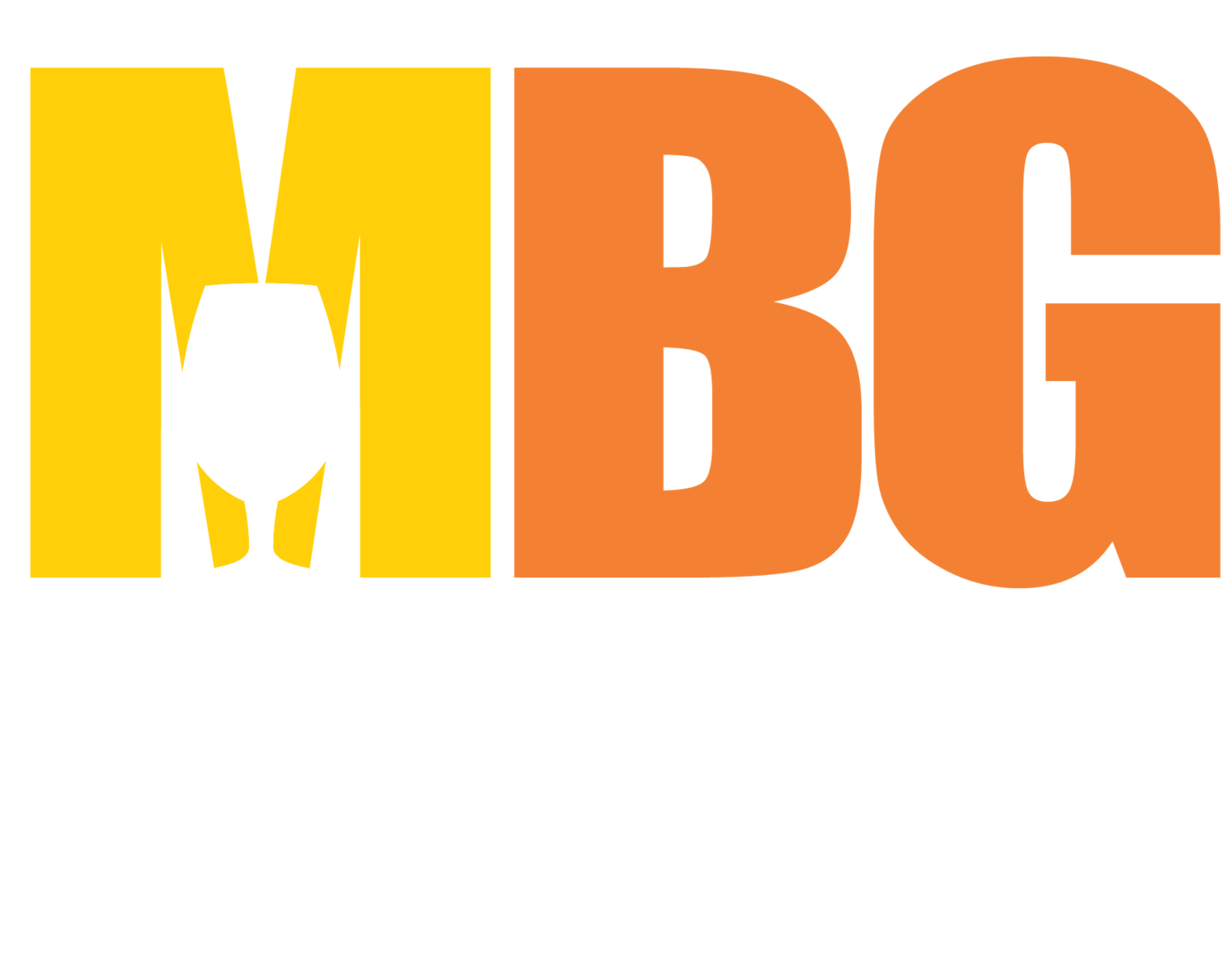Brewing Benefits
By: Taylor Kotas, R&D Tax Credit Consultant at Leyton
Beer drinkers have had a significant reason to raise their glass and rejoice because new craft breweries open their doors across the US every day. The significant growth in the number of breweries year after year has created an environment where, as a brewer, you cannot sit still. Innovation has become the lifeblood to brewing success.
Innovation can come from anywhere within a brewery – recipes, label artwork, unique taproom environments, production line processes. However, certain types of innovation can benefit the brewery in more ways than originally intended, and one of the more surprising ways is by lowering income and payroll taxes.
Breweries can reduce tax liability through the Credit for Increasing Research Activities, which is both a Federal and Massachusetts State Credit. Although you might not think that breweries perform R&D, or at least not enough to be significant, necessary day-to-day operations are packed with R&D eligible activities.
From brewing and releasing new beers to incorporating new equipment into a production line, both have aspects of R&D that breweries can monetize through the R&D Credit. For these R&D activities you can recapture the financial investments in raw materials such as hops, fruit infusion varietals, even cans, as well as the investment of employees’ time performing, supervising and supporting the R&D.
There is no doubt that a number of breweries across Massachusetts are already taking advantage of the R&D Credit, but this innovation incentive has flown under the radar for decades because it wasn’t a permanent tax credit until 2015. The PATH Act changed everything - it established the permanence of the R&D Tax Credit so breweries can build it into their financial plans year on year and rely on it to assist cash flow.
The Federal R&D Credit allows breweries to claim for R&D related expenses in the current tax year, as well as retroactively for the past three (3) years, making the first time you claim potentiallyfour timesmore lucrative than a single year claim. This credit allows businesses to reduce, or potentially eliminate income tax liability and provide cash refunds for overpaid tax liability when you claim retroactively.
With the capital investment required to open a brewery, it might take a couple years to be profitable so the standard R&D Credit will not give you an immediate benefit. Fortunately, for the newer breweries, there is a startup version of the R&D Credit. Rather than reducing income tax liability, you can claim the Federal Payroll Credit to reduce the brewery’s payroll tax liability, which is generated from having W2 employees and is often one of the earliest expenses that a craft brewery incurs.
Being located in Massachusetts also has its perks because the state credit is one of the most generous across the US. It operates in a similar manner to the standard R&D Credit, but rather than reducing income tax liability, it allows you to lower your excise tax liability.
With the number of breweries growing not only in Massachusetts, but across the entire US, the need to innovate continues to increase. If you innovate to stay at the forefront of your industry, you need to take advantage of the tax incentives that are out there. It can sound almost too good to be true, but, in reality, you’re brewing more than just beer, you’re brewing tax benefits too!


